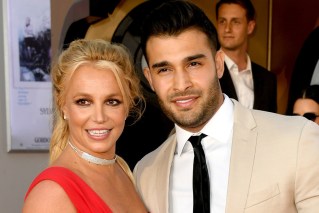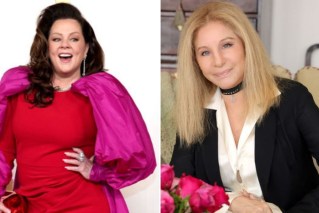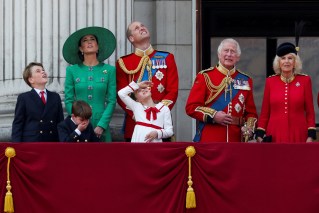Britney Spears is #free. Here’s why celebrities are calling on fans to ‘protect’ her

Pop superstar Britney Spears has been freed from the conservatorship that controlled her life, so what now?
The 39-year-old singer has spent 13 years being monitored and controlled by her father and other conservators following a mental breakdown in 2008.
But what caused the breakdown in the first place?
British actor Jameela Jamil (The Good Place) has called out tabloids and the paparazzi, highlighting a toxic relationship that contributes to and benefits from the public breakdowns of famous faces.
Jamil congratulated her 3.4 million Instagram followers on Saturday for supporting the #FreeBritney movement, but added that her fans now needed to “protect Britney”.
The post, which garnered more than 260,000 likes on the platform, asked followers to “defund the Britney tabloid obsession”.
“The tabloids want her to have a breakdown because it’s good business for them. That’s why they pushed her to one last time,” Jamil wrote.
Earlier this month, Jamil interviewed founders of the #FreeBritney movement Tess Barker and Babs Gray on her podcast I Weigh.
While discussing Britney’s conservatorship, Jamil said the media had played a “huge” role in the pop star’s struggles.
Jamil said her own experience with the paparazzi showed they push for negative reactions.
“They would antagonise me, ridicule me and ridicule my body – Not because they even necessarily really thought those things, [but] because they were trying to provoke a reaction,” she said.
“They wanted me to cry because that’s a great photograph that pushes the narrative that I’m fat and therefore I’m miserable and I’m sad and I’m lonely.”
She said the reason behind this ugly behaviour is simple: Those photographs are worth more money.
“Everyone wins when a celebrity snaps.”
The Good Place star gave her followers some tips on how to help protect Spears from the press’ “feeding frenzy” after the singer won her legal battle.
“If you see pictures of her or articles about her when she’s out living her life, being a mum – ignore them and block people who post and share them,” Jamil said.
“Do not engage with any content that she does not put out herself on her own Instagram. Support Britney by only taking what she wants to give us.”
Based on the content Spears has been sharing via her own Instagram page, Jamil’s fears are not unfounded.
On October 15, following a court decision in her favour, Spears wrote that she was afraid she would “make a mistake” now that she was free.
“I’ll just be honest and say I’ve waited so long to be free from the situation I’m in … And now that it’s here I’m scared to do anything because I’m afraid I’ll make a mistake !!!” she wrote.
Author and culture critic Gerrick Kennedy said the singer’s fear was grounded in the way she had been treated by the press in the past.
“It’s hard to fantasise about the music Spears may make or the shows she may put on when she’s just trying to rebuild her life in her own vision – and doing so in front of a public that’s been judging her every move for most of her life, oftentimes quite cruelly,” Kennedy wrote in October.
That cruelty has been well documented, and the nature of publication is that the information remains public long after it was published.
A now-infamous front page from People magazine in March 2007 featured a cut-out image of then-25-year-old Spears with her head partly shaved and the headline: ‘Inside Britney’s Breakdown’.
People is yet to apologise or acknowledge its potential role in Britney’s mental health episode, but glossy magazine Glamour in February posted an apology to Instagram.
“We’re sorry, Britney,” the magazine wrote.
“We are all to blame for what happened to Britney Spears – we may not have caused her downfall, but we funded it.”
Meanwhile, former Us Weekly editor Jen Peros offered an explanation in lieu of an apology, according to The New York Times.
“Her story hit at a time when print magazines were hunting for the story of the week,” Peros said.
“And when you found a celebrity – I hate to say it – spiralling or acting abnormally, that was the story. And we knew it would sell magazines.”
Jameela Jamil has been contacted for comment.








